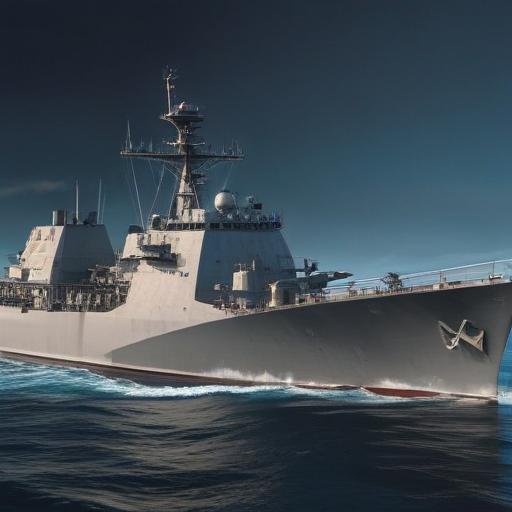The United States is deploying three Aegis guided-missile destroyers to waters off Venezuela as part of a broader push to curb drug-trafficking networks in Latin America. The USS Gravely, the USS Jason Dunham, and the USS Sampson are expected to arrive in the region in the coming months, according to a U.S. official who spoke on condition of anonymity. A Defense Department official later confirmed that the ships and accompanying personnel have been assigned to support counter-narcotics efforts in the area.
The deployment comes as President Donald Trump has pressed for using the U.S. military to disrupt cartels he blames for flooding American communities with fentanyl and other illicit drugs, and for fueling violence in some U.S. cities. Trump has urged Mexican President Claudia Sheinbaum to take a more aggressive approach against cartel networks, but Sheinbaum has drawn a firm line on sovereignty, rejecting suggestions of U.S. military intervention.
In February, Trump designated several criminal groups as foreign terrorist organizations: Tren de Aragua, MS-13 in El Salvador, and six Mexican-based organizations. The move, typically reserved for groups pursuing political aims through violence, was defended by the administration on grounds that these groups’ international operations span drug trafficking, migrant smuggling, and territorial expansion. Venezuela’s Communications Ministry did not immediately respond to requests for comment.
Earlier this week, Venezuelan President Nicolás Maduro criticized what he described as escalating U.S. threats and announced plans to mobilize more than 4.5 million militia members across the country. The militias—originally created by former President Hugo Chávez—are intended to assist the armed forces in defending the nation against external and domestic attacks.
The Trump administration has also increased pressure on Maduro personally, doubling the reward to $50 million for information leading to his arrest, citing Maduro as a major narcotics trafficker working with cartels to flood the United States with fentanyl-laced cocaine. Maduro, who was indicted in a 2020 New York federal case along with several allies on charges related to narco-terrorism and cocaine trafficking, had previously faced a $15 million bounty.
This sequence of moves—military deployments, terrorism designations, militia mobilizations, and enhanced rewards—signals a coordinated effort to pressure Maduro’s government and curb cross-border drug trafficking, while continuing to pursue diplomatic avenues with regional partners.
Summary: The United States is sending three Aegis destroyers to waters near Venezuela to bolster counter-narcotics operations, as Washington chapters new steps against regional cartel networks. The administration also tightens pressure on Maduro with terrorism designations, militia mobilization, and an increased reward, amid ongoing regional security tensions and diplomacy with Mexico. A hopeful note is that these measures aim to reduce the flow of drugs into the United States and improve regional cooperation against transnational crime.
